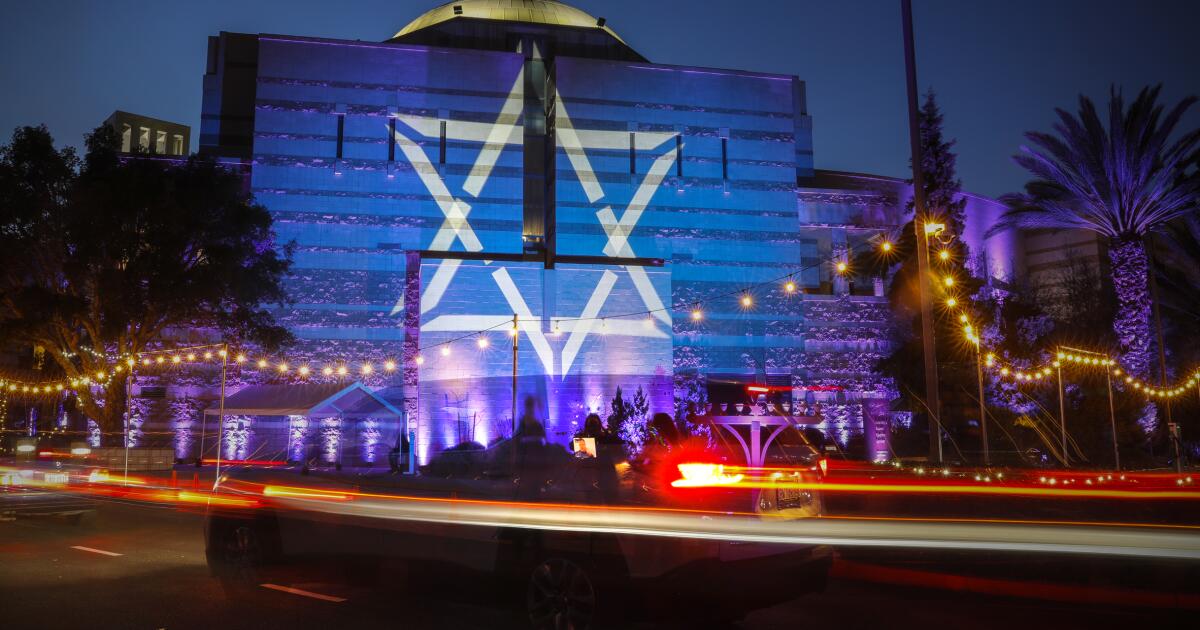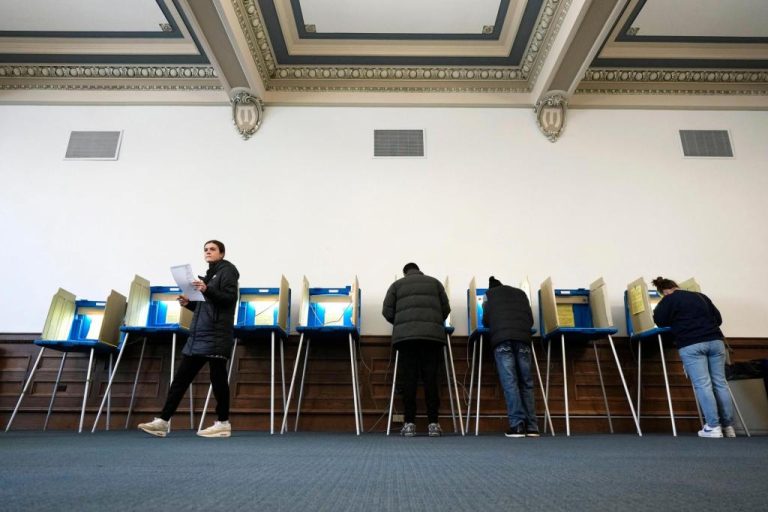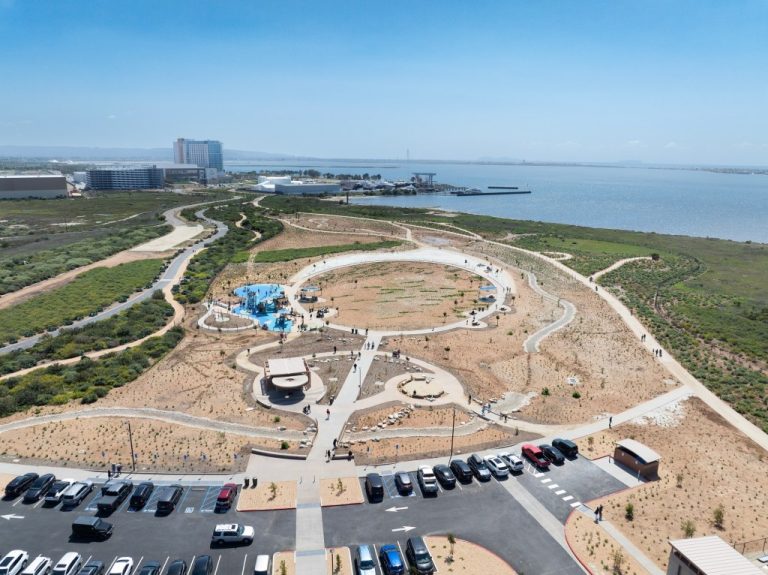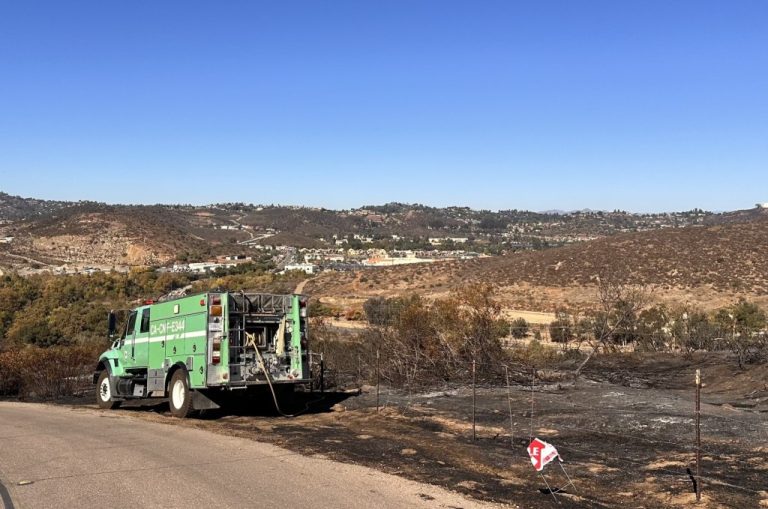
Freedman is an author and the co-founder of The San Diego Writers Festival and lives in San Diego.
Many years ago, when I was 22, I attended a music festival in Israel. I was new to the world. The kind of new where you go out to get bread, but then you hear music, follow it, and stumble into an impromptu music festival. Then you decide to stay — cause why not?
After a few songs, I met a young, soft-spoken man. His eyes sparkled with kindness. I honestly don’t know if he told me his name. Even though he had studied English for years, he spoke very little, and I spoke very little Hebrew. He was able to communicate that he would be joining the army the next day. Joining the military is not a choice for most young people in Israel; it is mandatory for everyone when they turn 18.
He looked tired, and I commented, “So you probably want to go home and get some sleep.”
“No,” he told me, “What I want to do all night is dance.”
“OK,” I said, “then let’s do that.” And that’s what we did. We danced. We danced fast, we danced slow — and then something unexpected happened; he explained in broken English that he wanted to waltz. He had learned as a young man. I had never waltzed. He said he would teach me and patiently taught me the steps. When I would stumble over my feet or fall, he would say, “It’s OK. You start again the next minute.” Then he would help me up, and I would try again. I will never forget the feeling of gliding, looking into the eyes of a stranger and a friend.
I remember looking at him when the night was over, and the sun was coming up. “Are you scared?” He shook his head, “no.”
He kissed me on the cheek and said goodbye. I never saw him again. I don’t know if he did his time and got out, if he was killed, or if today he has a family and a full life. Some part of him stays forever in my mind, that 18-year-old boy walking off to an uncertain future but having danced all night anyway.
As I was processing the horrors of the last few weeks, I sat at a coffee shop with a group of concerned friends. I shared that I felt shaken to my core. Because I was that girl at the music festival, instead of dancing all night, I could have been shot at, killed, or forced on a motorcycle and taken hostage. An older man sipped his coffee and shook his head, “I can’t take any more of this world. I can’t sleep. I don’t know how you Jews do it — if I were a Jew, I would have lost hope centuries ago.” I looked into his eyes. They were dim and clouded as if the light had gone out years ago.
My 84-year-old uncle is there in Israel now, and every day, I have the urge to get on a plane and bring him to my home, though I know he doesn’t want to leave. He has been a peace activist all his life. He worked as a professor at an Arab college, showing us all what brotherhood really meant. My sister, who works at a temple in Dallas, shared that many Jewish congregants are so scared that they are not attending synagogue. Our temple, which is already built like a fortress, is hiring more security guards. One of my family members recently shared, “I just don’t tell people I’m Jewish.”
In the middle of the night, I’m faced with a strange and powerful thought — as they did my ancestors, people want to kill me — and everyone like me — because I’m Jewish. I light candles to help spread light for every innocent person caught up in the war.
How do I get to sleep? How do I hold onto hope when it feels like there is none left? I think about the other choice: to stop believing in people altogether, to stop believing in love. Should I also allow the light to go out in my eyes? In the moments of deepest struggle, I think back on the eyes of the young man about to become a soldier. I realized that what he taught me about waltzing could also apply to hope. And I vow to try, and even though I stumble, to try again the next minute.




